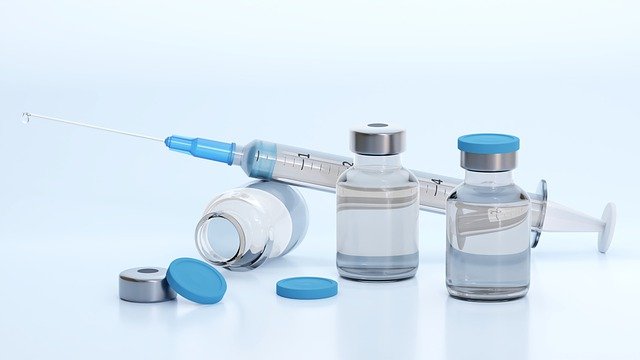Effective pain control for wisdom teeth surgery continues to be an area of much interest. In an article titled “ANALGESIC EFFICACY OF TRAMADOL/DEXKETOPROFEN VS
IBUPROFEN AFTER IMPACTED LOWER THIRD MOLAR EXTRACTION: A RANDOMIZED CONTROLLED CLINICAL TRIAL,” appearing in the Journal of Evidence Based Dental Practice written by C. Vallecillo and et al. (volume 21, issue 4, December 2021, 101618) the authors explore ibuprofen or tramadol-dexketoprofen as pain control after wisdom teeth surgery.
In the article the researchers explored the effectiveness of Enanplus a capsule consisting of 75 mg tramadol hydrochloride and 25 mg dexketoprofen that is sold outside the U.S. Tramadol is an opioid class medication that inhibits the reuptake of noradrenaline and serotonin. Dexketoprofen is a non-steroidal anti-inflammatory drug (NSAID) that has with fewer adverse effects than other more common NSAIDs. The authors conducted adouble-blind, parallel-group, randomized controlled clinical trial of patients who had lower impacted lower wisdom teeth extraction at a single center in Spain between January and June 2019. Those included in the study had to be at least 18 years old, had no known allergeries to the medications given in the trial, and did not have any antibiotics in the week prior.
Half of the 72 patients in the trial were randomly assigned to take a capsule of 400 mg ibuprofen every eight hours for the first two days after surgery, while the other half were prescribed the Enanplus capsule every eight hours for the first two days after surgery. All wisdom teeth extractions in the study were conducted by the same two surgeons. Immediately before each surgery the patients all rinsed their mouth for two minutes with a chlorhexidine mouthwash and had their lips and perioral facial skin treated with injections. All patients were given amoxicillin as an antiobiotic for six days. Those patients that required additional pain relief received 1 gram of paracetamol.

The patients had their pain analyzed using a visual analog scale score on a score of 0 being no pain to 10 being worst possible pain at numerous hours after surgery ranging from 1 hour after to 48 hours after. Two patients in the ibuprofen group were lost to follow up and the results were looked at for 70 patients. Both groups of patients experienced similar visual analog scale scores, but the tramadol-dexketoprofen group reported significantly greater pain relief. Swelling was lower in the tramadol-dexketoprofen group one day after surgery, but there was no difference between the groups in swelling from two days to seven days after. Rescue medication was more frequently used in ibuprofen group. Adverse effects were reported much higher in the tramadol-dexketoprofen group where 41.7% experienced an adverse effect versus only 8.8% in the ibuprofen group. Dizziness and nausea were experienced more in the tramadol-dexketoprofen group.
The authors state
“…analgesia with 75 mg tramadol/25 mg dexketoprofen appears to be more efficacious to reduce pain after impacted third molar extraction in comparison to…. 400 g ibuprofen. However, it is associated with an increased risk of adverse effects, suggesting that this… approach should be reserved for patients predicted to experience more intense pain…”
The authors feel that in the future studies with large patient sample size would be useful to identity patients most likely to benefit from the tramadol dexketoprofen combination. The study did not include any patients given a ibuprofen and acetaminophen combination which has been discussed on this site in the past is an effective option for pain relief.
